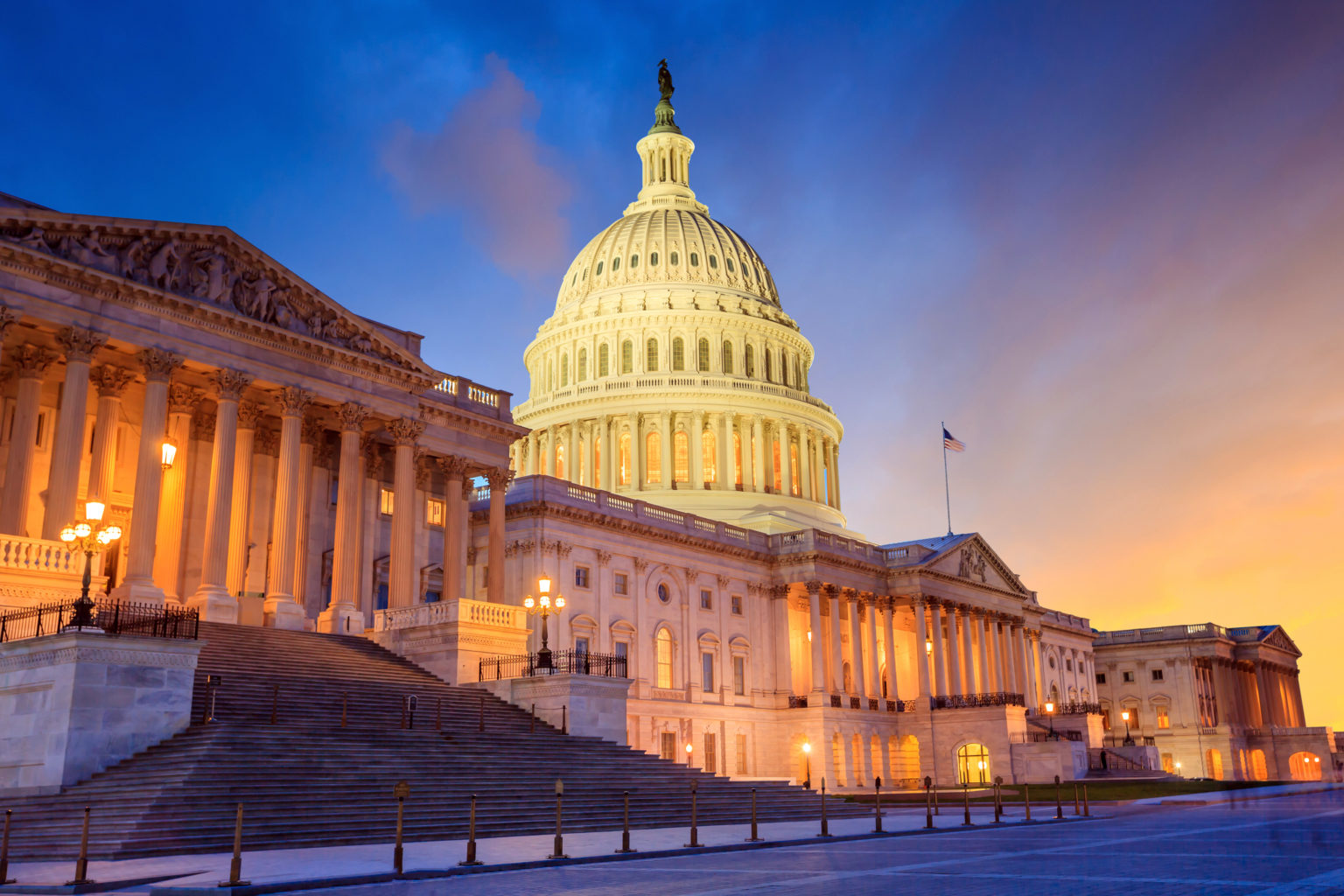Causes
Safeguarding Democracy
America’s future depends on a strong and stable democratic foundation for each generation to build upon.
Weakened Democracy
Recent analyses have found that American democracy has weakened significantly in recent years, including an annual report evaluating global democracy by Freedom House. A 2021 NPR/Ipsos poll shows that 64% of Americans felt U.S. democracy is “in crisis and at risk of failing.”
However, there are reasons to be hopeful that legislation can reverse this trend. The Electoral Count Reform Act, for example, which passed at the end of the 117th Congress in 2022, clarified once-vague language detailing process by which Congress and the vice president certify the results of a presidential election from each state.
The Constitution
The Framers did not foresee every problem their descendants would encounter when writing the Constitution. Nor did they think their governing document would have every answer to future problems. Instead, the expectation was that this initial framework would grow with the American people, retaining its original spirit while adapting to the unique circumstances of every generation.
The Electoral Count Reform Act now clearly identifies the roles of Congress and the vice president as purely ministerial, where the Electoral Count Act of 1887 did not. It is now understood through the law that the operation of certifying presidential election results is not intended to be used as a check on the executive by the legislature or preceding administration.
Necessary Reforms
The Electoral Count Act was problematic without reform, due to a lack of specificity in its intentions. The founders chose to distance the power to choose a president intentionally from Congress, ensuring that power rests with the states, and through them, the people. Without this balance of power, president-elects were theoretically and unduly accountable to Congress to some degree.
The Electoral Count Reform Act of 2022 (ECRA), was introduced by a bipartisan working group of Senators. In addition to clarifying the role of Congress and the vice president in certifying results from the states in a presidential election as ministerial, the law also guards against legislative changes in the states made after an election, requires states to certify their electors at least six days before the Electoral College meets and votes, and creates backstop procedures for the courts to address scenarios in which presidential candidates could seek relief related to state failures to timely certify electors. In addition, it lifts the threshold of members required to raise objection to a state’s slate of electors from just one to twenty percent of the Congress, in order to protect against obstructions to the process without legitimate cause for objection.
Bipartisan Opportunities
Through bipartisan opportunities for democratic reform like the ECRA, Congress can continue to safeguard democracy against discrepancies between the will of the people and the results of the elections that they put their faith in. Humanity Forward was proud to contribute towards the process of passing ECRA in 2022 and continues working with members of Congress to fortify and protect our democratic institutions, so the American people can trust in the processes by which they are heard and governed.
Recent News
-

News
House Passes Bipartisan Tax Deal to Extend Child Tax Credit
Washington, D.C. — On Wednesday evening, the House approved a bipartisan tax package valued at $78 billion, aimed at extending the child tax credit temporarily and reinstating several business tax benefits. The legislation is now slated for Senate …
Read More -

News
Humanity Forward Applauds Bipartisan Efforts on Paid Family Leave
WASHINGTON, D.C. — Today, Humanity Forward is applauding progress being made by a bipartisan group in both chambers of Congress towards advancing legislation on paid family leave. The group, headed by Senators Kirsten Gillibrand (D-NY) and Bill Cassidy …
Read More -

News
Sharp Rise in Child Poverty Signals Need for Bipartisan Action on Child Tax Credit
WASHINGTON, D.C. — According to new data released by the U.S. Census Bureau, child poverty increased by 12.4 percent following the expiration of the expanded Child Tax Credit (CTC) in 2022, signaling the need for bipartisan action on …
Read More
